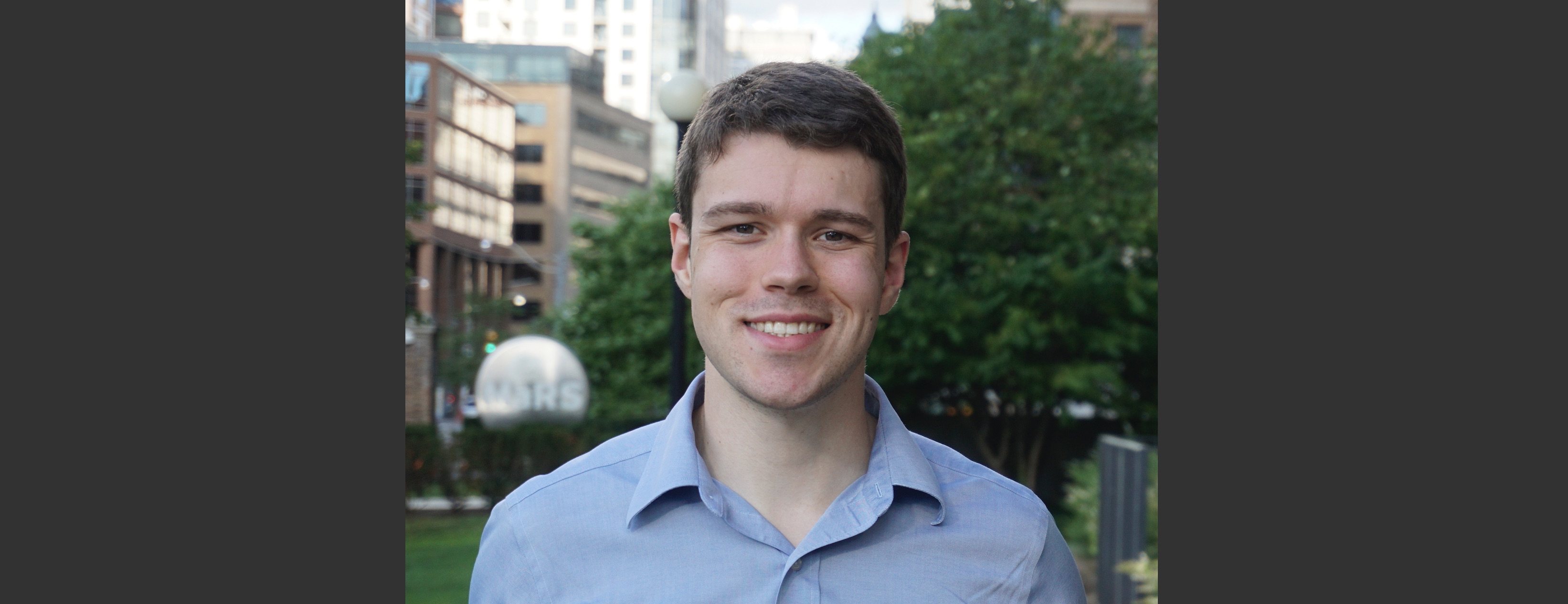His love of building things is what drove Robert Brooks into engineering. During his undergrad studies in Mechatronics Engineering, he quickly gravitated towards high-reliability sectors because of the challenge, technical complexity, and the impact of the work.
“I worked in nuclear, steel, and robotics, and ultimately ended up doing a Ph.D. in surgical robotics,” said Brooks. It was during this time that he designed several medical devices and robots and even patented his Ph.D. thesis.

“Unfortunately, medical robotics wasn’t seeing much use in medicine, and the university couldn’t find a company to license the technology,” he added. That pushed him to investigate why surgeons were not using robotics. He finally came to the answer that it is because they are losing their sense of touch. Upon completing his thesis, Brooks started to work on developing a force-sensing film technology.
“From there we realized that our force-sensing technology had wide applications outside of surgical robotics, especially in defence and industrial robotics, because of its high precision, reliability, and robustness,” he said.
Robert Brooks, CEO and Founder, SensOR Medical Laboratories Ltd. was selected as a Vanguard Game Changer for the December 2018/January 2019 edition. Here is the full interview with him.
What is your role in your organization today?
As the founder and inventor of the technology, I’m still heavily involved in the technology development and prototype designs for partners–we pride ourselves on the performance and reliability of our technology, and I like to personally ensure that we continue to deliver on that. As the CEO, the rest of my time is focused on fundraising right now.
What was your most challenging moment?
Two years into building the company, we had an amazing technology, but we were convinced that we were going to bring it to market as a standalone surgical device and then branch to other applications from there. We had top surgical researchers who loved our technology and several publications backing us up. This gave us a lot of confidence to push ahead along that route. We spent nearly a year trying to raise funding to build our surgical device and ate through most of our cash reserves. We found out that medical devices weren’t getting funded and the channels to market in the surgical devices space are difficult and expensive to access. We pivoted the business model from building a standalone surgical device to integrating our groundbreaking force-sensing film technology into our partners’ applications and that saved the business.
What was your ’aha’ moment or epiphany that you think will resonate most with our reader?
As much as I’d like to take credit for our shift from a surgical device company to a technology company, I was lucky enough to have a perfect storm of potential partners reaching out to us out of the blue from other industries and a great early investor who saw where we could go. Epiphanies are great, but sometimes you just need the right person to knock you over the head.
What is the one thing that has you most fired up today?
I’m really excited to develop our new applications in defence.
What is the best advice you received?
If you think there is fit with a partner, find some small way to help them right now. Don’t wait for the big contract or check back with them in a couple of months. Working together on something, however small, will help you understand each other’s needs and capabilities and build a relationship faster than any other way.
What is a habit that contributes to your success?
Persistence has been key to pushing through developing a completely new technology and pivoting the business model to get the company on the road to success ultimately.
What people or organizations do you believe best embody the innovation mindset?
I like Boston Dynamics mindset of pushing technology until it breaks and then innovating to push past that limit. I think this is the fastest way to generate practical innovation.
How is your organization changing the game within your industry sector?
Our force-sensing film technology is unlike anything else out there and enables some amazing things: you can turn a solid sheet of steel into precision operator interface, have a vehicle sense the size, velocity, and penetration of a projectile impacting it, and do remote-operated surgery in the field among other applications. This encourages our partners to think outside the box.
What are some of the biggest impediments to innovation in your industry sector?
Because our technology is so different, new partners can have a hard time fully grasping the capabilities and potential of our technology. Typically, we build them a quick-turn, proof-of-concept prototype for their application. Once they see it, then they understand how this is game-changing for them.
How has innovation become engrained in your organization’s culture, and how is it being optimized?
We are always focused on solving difficult problems for our partners. That is what we do well. This challenges the team to push the envelope on our current technology and to expand our thinking of what’s possible.
What technologies, business models, and trends will drive the biggest changes in your industry over the next two years?
In defence, advanced sensing and control systems are going to dramatically improve situational awareness and speed of response in the field. From continuous health and performance monitoring of aircraft, vehicles, and vessels to precision operator interfaces, haptics, and robotic control, the time to discover, assess, and respond or prevent threats will dramatically improve.
What is your parting piece of advice?
When you start out, do one thing really well. SensOR is around today because our force-sensing film technology can do amazing things and has untouchable specifications.

